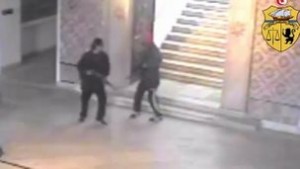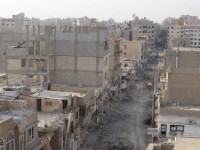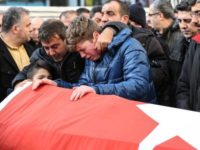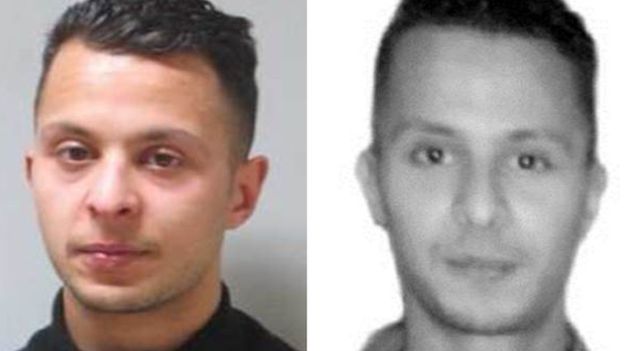 Tunisia’s prime minister has sacked six police chiefs following last week’s attack on the famous Bardo Museum.
Tunisia’s prime minister has sacked six police chiefs following last week’s attack on the famous Bardo Museum.
Habib Essid had noted several security deficiencies during a visit to the museum, his office said.
The Islamic State (IS) said it carried out the attack on the museum in the capital, Tunis, killing 23 people, mostly European tourists.
Two of the gunmen were killed by the security forces, while a third was on the run, the president said.
“There were certainly three attackers… there is one who is on the run, he won’t get far,” President Beji Caid Essebsi said on Sunday.
The attack was the deadliest in Tunisia since the uprising which led to the overthrow of long-serving ruler Zine al-Abidine Ben Ali in 2011.
Jump media playerMedia player helpOut of media player. Press enter to return or tab to continue.
How will the attacks affect Tunisia’s tourism industry?
The police chiefs of Tunis and the museum were among those dismissed, Mr Essid’s spokesman Mofdi Mssedi told AFP news agency.
Mr Essebsi said in an interview with French media that a monument would be erected in memory of the victims.
Cradle of ‘Arab Spring’ under threat
Upsurge in extremism
The gunmen are said to have been trained in Libya in an area controlled by Islamic State (IS) militants.
The two gunmen seen in the video were named as Yassine Laabidi and Hatem Khachnaoui. They were both killed in a gunfight with security forces inside the building.
In an earlier interview with Paris Match, Mr Essebsi said that “shortcomings” in Tunisia’s security system meant “the police and intelligence services had not been thorough enough in protecting the museum”.
However, he added that the security services “reacted very efficiently” to the attack and had helped save dozens of lives.
Twenty foreigners were among those killed in the attack, including British, Japanese, French, Italian and Colombian tourists.
Following the attack, large numbers of Tunisians gathered outside the museum to protest against terrorism.
Tunisia has seen an upsurge in Islamist extremism since the 2011 revolution – the event that sparked the Arab Spring.
The leader of Tunisia’s moderate Islamist party, Ennadha, says the country will continue to be under threat of attack as long as neighbouring Libya remains unstable.
Rached Ghannouchi told the BBC that IS would not be able to establish a foothold in Tunisia itself but young men were being armed in Libya and crossing borders that were hard to control.





